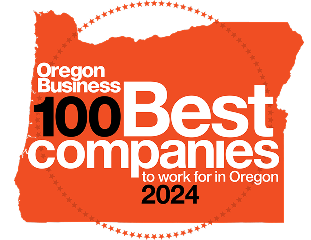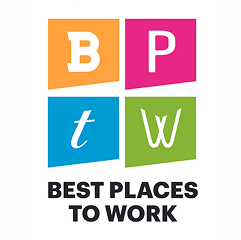In a Harvard study during the Covid-19 state of emergency, 61% of Americans ages 18 through 25 reported feeling moderately lonely or worse. This proportion fell as the pandemic abated, but rates of social disconnection and mental/emotional distress among young people remain worryingly high. In their work teaching and consulting in higher education, Robert and Laura Illig had watched with concern as their students increasingly struggled to find community, despite – or perhaps because of – the rise of smartphones and social media. Realistic about tech’s power and momentum, but determined to course-correct its goals and effects, the pair asked us to help them create SideKick, an app designed to spark real-world friendships and experiences.








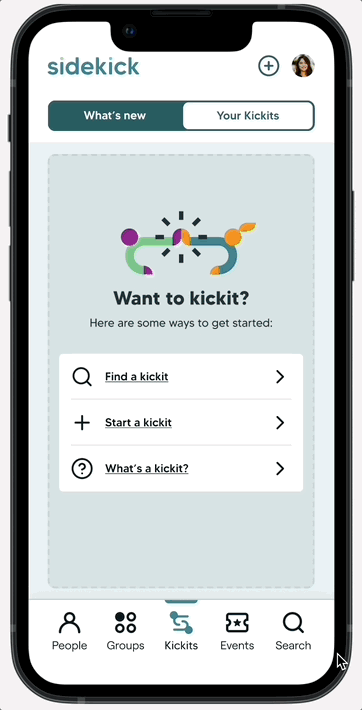


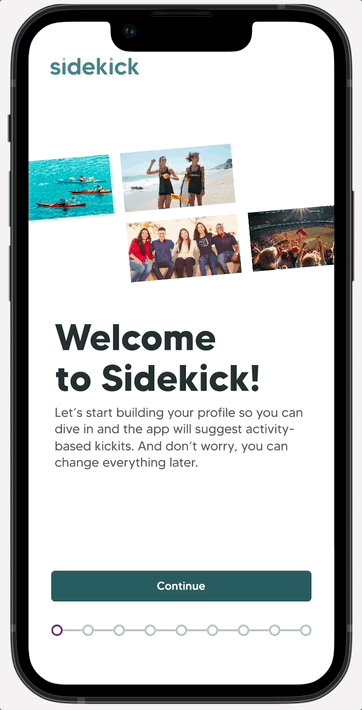
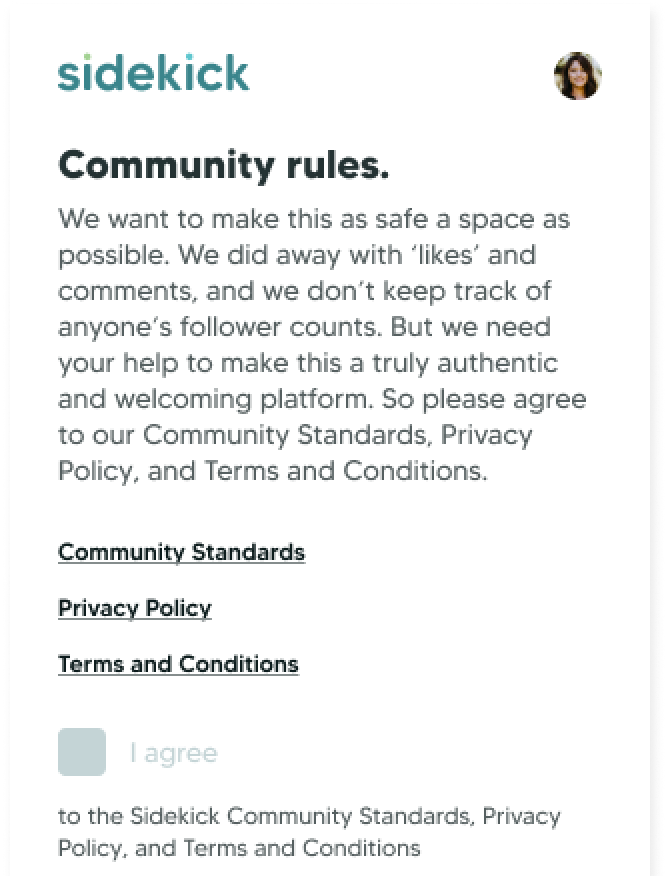

.png)

















